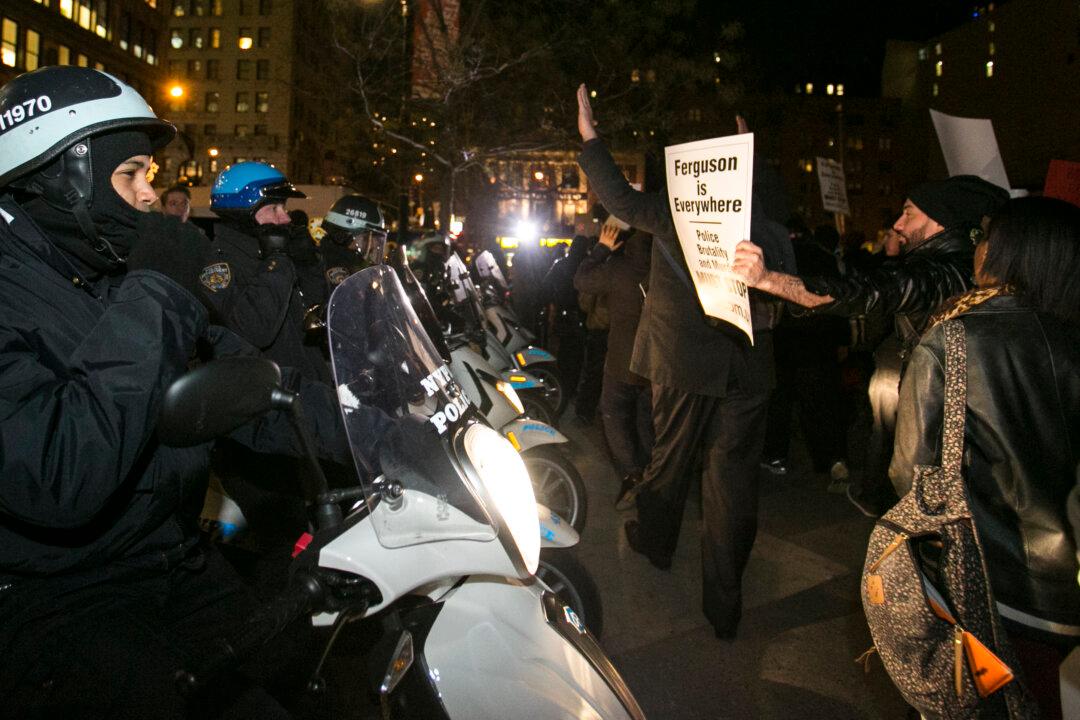The NYPD has admitted that someone using an IP address registered to the department made edits to the Wikipedia page of Eric Garner, the 43-year-old Staten Island man who died last year after officers used a chokehold to subdue him. The department announced that it would investigate the edits, which it called a case of an employee using a work computer for personal purposes.
Cue the predictable howls of outrage at this attempt to whitewash the cold-blooded murder of an innocent man. The technology website Ars Technica called the edits an attempt “to sanitize Wikipedia entries about cases of police brutality.” Think Progress said they were an example of the police department’s fumbling its response to “increased scrutiny” after recent protests.
The outrage is misplaced, however. The real scandal is that anyone thinks Wikipedia is a reliable source of unbiased information.
Garner’s death was caught on a cellphone video and has been viewed by millions across the country, but what happened on the day he died remains in dispute. Reactions to the video vary. Some think the cops murdered Garner; others think he goaded them into taking him down. Some see Garner as the victim of an out-of-control police force targeting African-American men. Indeed, Mayor Bill de Blasio called Garner “a father, a husband, a son—a good man.” Others said that he was a career petty criminal with a chip on his shoulder. With so much to disagree about, it’s no surprise that Garner’s Wikipedia page has become a battleground.
The truth is, due to the way the site’s editing process works, most politically controversial articles on Wikipedia have the potential to be wrong or even libelous. Thanks to Wikipedia’s perennial spot as the topmost Google search result on almost any topic, the most politically controversial pages can become running battles between rival factions. In the process, fact, fiction, and farce get equal playing time.




